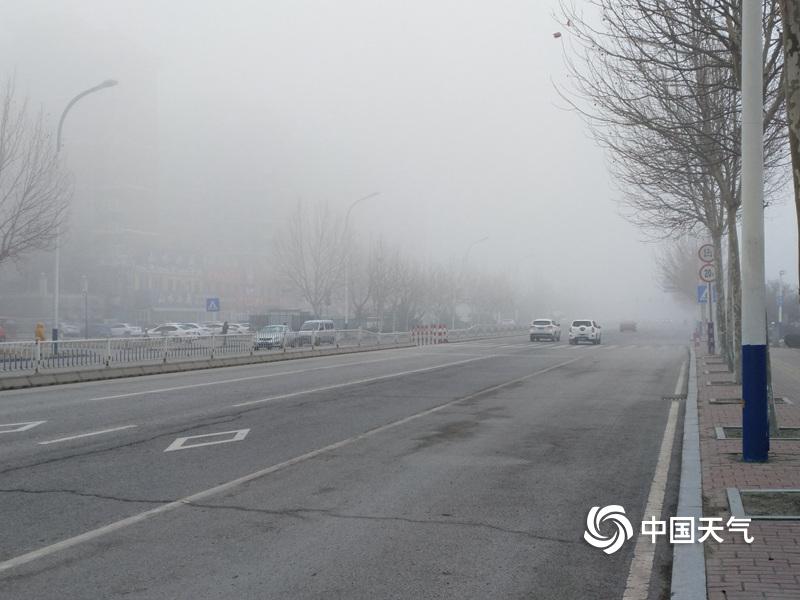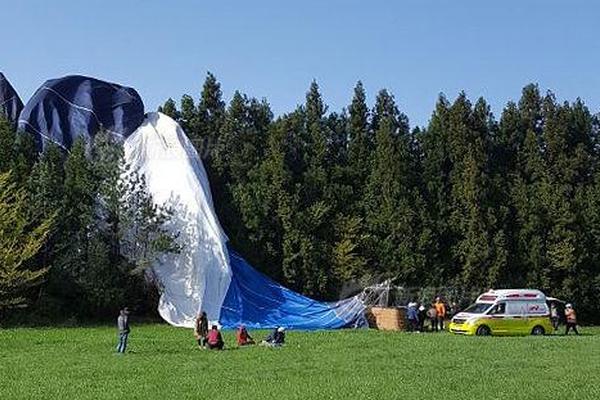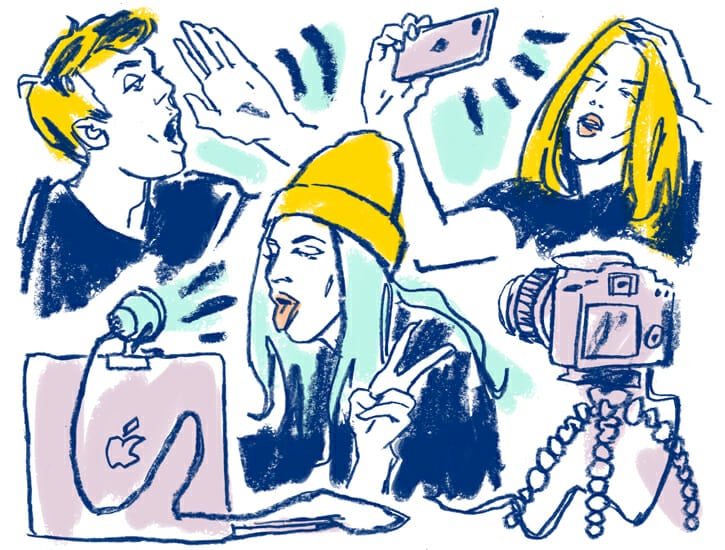Wednesday marks the 50th anniversary of Dr. Martin Luther King's death,Love Conquest and most politicians have chosen to commemorate his legacy by tweeting out some choice quotes -- and then leaving it at that.
At the time of his death, however, Reverend King was doing more than crafting inspirational phrases. He was laying the groundwork for his Poor People's Campaign, a intersectional movement dedicated to eliminating poverty in America, the richest nation on earth.
As part of the campaign, King helped to organize a 3,000 person protest camp on the Washington mall for six weeks. After King's death, the movement tragically lost most of its momentum. Fifty years later, Reverend Dr. William Barber II and Reverend Dr. Liz Theoharis have resurrected his movement, with chapters in 40 states, all of them guided by the same mission: challenging the country's "distorted morality" and replacing it with something just.
SEE ALSO: The Oscars snubbed 'The Florida Project' because we don't like stories of women in povertyIt's hard to overstate just how radical King's Poor People campaign was. At the time of its inception, the term intersectionality didn't exist, and the civil rights struggle for African-Americans and economic justice for low-income whites were seen in opposition to one another. (The latter, of course, is still true today.) King was reportedly moved to tears in 1967 after traveling to Marks, Mississippi, and seeing some of the nation's most impoverished people -- children whose parents were too poor to give them a blanket, and a Head Start teacher forced to cut an apple into four quarters and feed them to her hungriest students.
“The curse of poverty has no justification in our age," King said in his 1967 book, Where do we go here: Chaos or Community?"It is socially as cruel and blind as the practice of cannibalism at the dawn of civilization, when men ate each other because they had not yet learned to take food from the soil or to consume the abundant animal life around them. The time has come for us to civilize ourselves by the total, direct and immediate abolition of poverty.”
King sought to organize a Poor People's campaign led by the country's poorest and most disenfranchised. He demanded an "economic bill of rights" that included a guaranteed basic income, full employment, and more low-income housing. After the campaign presented their demands to Congress, King organized "Resurrection City," the protest camp where participants stayed for six weeks in 1968.
 Original image has been replaced. Credit: Mashable
Original image has been replaced. Credit: Mashable Fast forward 50 years and precious little of King's vision for economic justice has been achieved in America. In the richest, most developed nation on earth, 17.2 percent of the population lives in poverty and 21 percent of all children live in poverty, with disproportionately higher rates for Black and Latino children. The United States ranks 18th among the top 21 most developed countries in terms of poverty, inequality, and economic mobility. It is 23rd in income inequality, lagging behind Turkey and Slovakia.
When political candidates on the left and right do talk about inequality, their language tends to center around "middle class jobs" or "working families." The word poverty is almost always left out of the equation -- as if it no longer exists, or the people who suffer from it don't really matter.
But Barber and Theoharis' Poor People's Campaign: A National Call for Moral Revival hopes to change all of that by creating an intersectional movement outside of the two-party system, one that focuses on the "saving America's soul" from the sins of militarism, systemic racism, environmental destruction, voter suppression, and poverty.
Though the campaign officially reignited last year, it's intensifying in 2018 with actions planned for communities of color as well as traditionally white areas, including the Rust Belt, Central Valley of California, and Appalachia, among other places.
"We need moral revival in this nation," Rev. Theoharis, campaign co-chair, said in Detroit recently. "It isn't necessarily a spiritual or religious revival, but we need to have a revolution of values."
In March, the campaign traveled to Selma, Alabama, to cross the infamous bridge and later organize folks struggling with insufficient wastewater treatment. A few weeks later, it went onto Harlan County, Kentucky, and South Charleston, West Virginia.
Beginning on Mother's Day, the campaign will launch dozens of initiatives across the nation, from direct action, to voter registration, to nonviolent civil disobedience, leading up to a mass mobilization at the U.S. Capitol in late June.
This Tweet is currently unavailable. It might be loading or has been removed.
The intensity of the actions, the diversity of its goals, and its geographic distribution mirrors King's initial design for the Poor People Campaign. King knew that the campaign would have to be sustained and intersectional if were to have any success -- and low-income folks would have to be at its leadership.
"We ought to come [to Washington] in mule carts, in old trucks, any kind of transportation people can get their hands on," King said at the time. "People ought to come to Washington, sit down if necessary in the middle of the street and say, 'We are here; we are poor; we don't have any money; you have made us this way...and we've come to stay until you do something about it."
Fifty years later, the Campaign hopes to turns King's unfinished initiative into sustainable justice.
"You dishonor the movement and you dishonor a prophet if you just remember the prophet without having a revival of the movement that the prophet stood for," Rev. Dr. Barber said in Memphis on Wednesday. "Nothing would be more tragic than for us to turn back now."
Topics Social Good Politics
(Editor: {typename type="name"/})
 Immigration and the Carceral State
Immigration and the Carceral State
 Say your goodbyes to Internet Explorer
Say your goodbyes to Internet Explorer
 Fake Roy Moore accuser tries to trick the Washington Post and fails spectacularly
Fake Roy Moore accuser tries to trick the Washington Post and fails spectacularly
 No one could make sense of the optical illusion dog. Can you?
No one could make sense of the optical illusion dog. Can you?
 Beyond Strategy
Beyond Strategy
 Kieran Dahl ,April 5, 2018 This Could Revo
...[Details]
Kieran Dahl ,April 5, 2018 This Could Revo
...[Details]
Nintendo's gonna teach kids on Switch how to make games
 Game Builder Garagefeels like a crucial step forward for Nintendo.There were some chuckles directed
...[Details]
Game Builder Garagefeels like a crucial step forward for Nintendo.There were some chuckles directed
...[Details]
Everything Coming to Amazon in Prime in June
 Amazon Prime Video is adding a whole host of movies and TV shows to its library this June, including
...[Details]
Amazon Prime Video is adding a whole host of movies and TV shows to its library this June, including
...[Details]
Facebook will now warn you about pages who constantly share fake news
 In yet another step to combat misinformation on the platform, Facebook is taking the step of calling
...[Details]
In yet another step to combat misinformation on the platform, Facebook is taking the step of calling
...[Details]
I’m just a boy, standing in front a girl, telling her she has a huge ass.
 The Baffler ,August 4, 2017 Weekly Bafflem
...[Details]
The Baffler ,August 4, 2017 Weekly Bafflem
...[Details]
Domino's is launching a baby registry, just like you always asked for
 Congratulations, it's a big cheesy pizza pie! Domino's is launching their very own baby registry. Th
...[Details]
Congratulations, it's a big cheesy pizza pie! Domino's is launching their very own baby registry. Th
...[Details]
BTS melts hearts and YouTube records with new single 'Butter'
 Every time! BTS have dropped their absolute banger of a single "Butter" along with its official vide
...[Details]
Every time! BTS have dropped their absolute banger of a single "Butter" along with its official vide
...[Details]
Woman escapes crocodile attack with only a leg bite, fortunately
 Welp, this is a close call.A tourist was bitten on the leg by a crocodile on at Cape Tribulation in
...[Details]
Welp, this is a close call.A tourist was bitten on the leg by a crocodile on at Cape Tribulation in
...[Details]
 Tom Carson ,January 31, 2018 Communicator
...[Details]
Tom Carson ,January 31, 2018 Communicator
...[Details]
The best Maxine Waters moments of 2017
 2017 was the year Congresswoman Maxine Waters was elected president of All in With Chris Hayes.From
...[Details]
2017 was the year Congresswoman Maxine Waters was elected president of All in With Chris Hayes.From
...[Details]
The Professional Friends of YouTube

Apple says HomePod and HomePod mini will get lossless audio support in the future

接受PR>=1、BR>=1,流量相当,内容相关类链接。